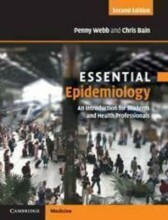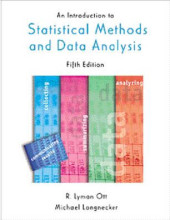Healthy research: study designs for public health
6 important questions on Healthy research: study designs for public health
if an interviewer elicits or interprets exposure information differently when the disease status of the individual is known
interviewer bias
people with disease recall their exposures or experiences more precisely than or otherwise differently from those without disease, which can lead to an overestimation of the effect of that exposure on disease. It can also be the other way around when people feel guilty about certain exposures like smoking
recall bias
hwen the probability of entering the study is related to presence or absence of the exposure, or the severity of the disease
selection bias
- Higher grades + faster learning
- Never study anything twice
- 100% sure, 100% understanding
when data collection on the exposure is not the same for cases and controls (recall bias)
information bias
when one or more other factors rather than the exosure of interest, explain an observed association between exposure and disease
confounding
preventive trials in which the interventions is implemented at the community level and are generally conducted when it would be impossible to offer the intervention at the individual level
community trials
The question on the page originate from the summary of the following study material:
- A unique study and practice tool
- Never study anything twice again
- Get the grades you hope for
- 100% sure, 100% understanding
































